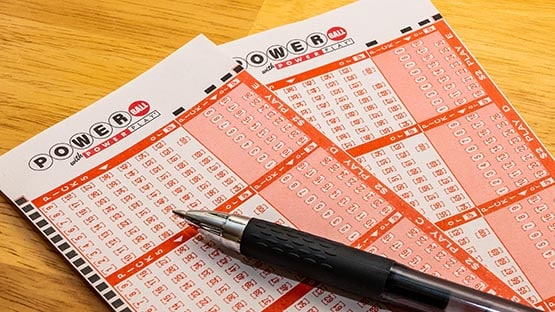
Low-income public schools in the United States are underfunded by approximately $6,700 per pupil.
WalletHub released its report on the Most and Least Equitable School Districts in Virginia. The personal finance website determined equity based on two metrics: average household income and expenditures for public elementary and secondary schools per pupil.
The most equitable school systems in the Commonwealth are Caroline County Public Schools, Roanoke County Public Schools, Williamsburg-James City Public Schools, Southampton County Public Schools and Middlesex County Public Schools. Greene County Public Schools rank No. 6, followed by Winchester City Public Schools.
Lexington City Public Schools is No. 11, Augusta County Public Schools is No. 17, Lynchburg City Public Schools is No. 36, Fredericksburg City Public Schools is No. 37, Staunton City Public Schools is No. 41, Waynesboro City Public Schools is No. 72 and Charlottesville City Public Schools is No. 93.
The Commonwealth’s least equitable school systems are Falls Church City Public Schools, Loudoun County Public Schools, Arlington County Public Schools, Fairfax County Public Schools and Alexandria City Public Schools. Stafford County Public Schools rank No. 10 as least equitable.
Jill Gonzalez, WalletHub Analyst, offered commentary on the long-term benefits of making sure all school districts have equitable funding.
“If we make sure that every school district has equitable funding, students in less affluent communities will have a level playing field with students in wealthy districts. As a result, their graduation rates will increase, as will their likelihood to pursue higher education and earn larger incomes. College graduates have $154 – $1,115 higher median weekly earnings than people with a high school diploma and no college experience, depending on the degree.”
What can be done to support underprivileged school districts during a difficult economic period?
“To support underprivileged school districts during this difficult economic period, we should make sure that all schools have the resources they need to provide a robust education in the coming year. Students have experienced a large amount of learning loss during the COVID-19 pandemic, and we cannot expect all parents to be able to afford resources to help their children catch up. That’s especially true during this period of high inflation. All schools should have enough funding for an effective catch-up year, including tutoring resources for students who have fallen behind. We should also make sure that all students are able to eat a nutritious breakfast and lunch if their parents are unable to provide them due to rising food costs.”

 Share
Share






